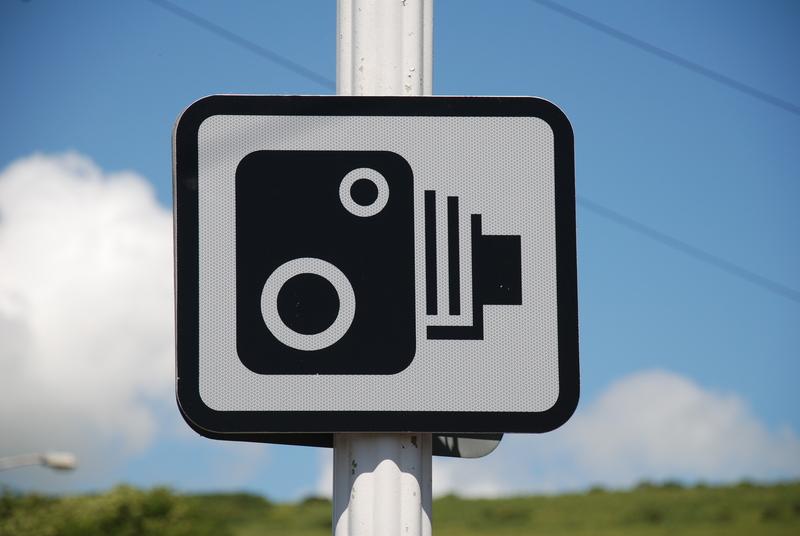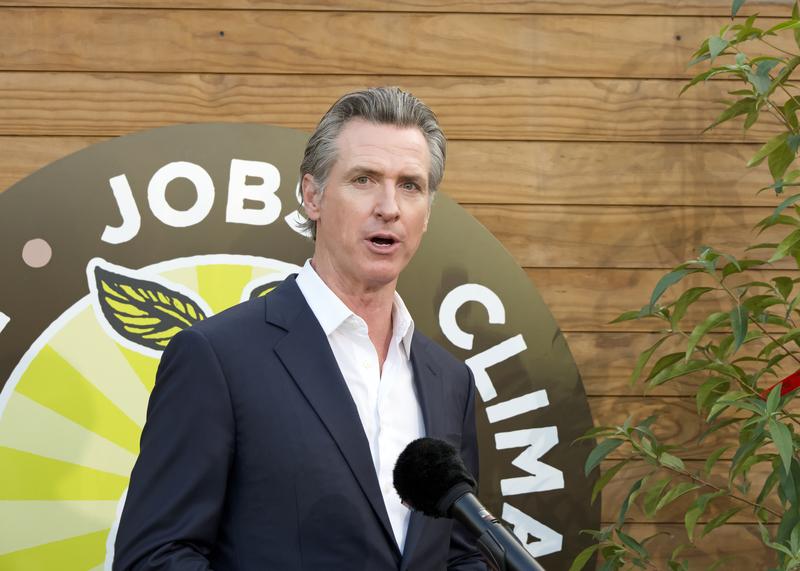A new report released by the Pew Center on Global Climate Change examines cost-effective solutions to begin to cut US transportation emissions and oil use now and move toward cleaner, alternative fuels. From burning oil, transportation accounts for more than one-fourth of all US GHG emissions. The report, Reducing Greenhouse Gas Emissions from US Transportation, identifies reasonable actions across three fronts – technology, policy, and consumer behaviour – that could deliver up to a 65 per cent reduction i
RSSA new report released by the 5618 Pew Center on Global Climate Change examines cost-effective solutions to begin to cut US transportation emissions and oil use now and move toward cleaner, alternative fuels.
From burning oil, transportation accounts for more than one-fourth of all US GHG emissions. The report, 'Reducing Greenhouse Gas Emissions from US Transportation', identifies reasonable actions across three fronts – technology, policy, and consumer behaviour – that could deliver up to a 65 per cent reduction in transportation emissions from current levels by 2050.
“The Gulf oil disaster tragically reminds us that our oil dependence carries significant risks for our security and environment,” said Eileen Claussen, president of the Pew Center on Global Climate Change. “Cost-effective transportation solutions exist now to begin to manage these risks. By supporting meaningful policies as citizens and choosing advanced technologies as consumers, we will drive the nation toward a cleaner, safer transportation future.”
Authored by David L. Greene of the5619 Howard H. Baker Jr. Center for Public Policy and Steven E. Plotkin of 5041 Argonne National Laboratory, the study provides three plausible scenarios of improved transportation efficiency and reduced GHG emissions through 2050, with technology progress and policy ambition increasing from the first to third scenario. The scenarios show emissions reductions of 17 per cent, 39 per cent, and 65 per cent below 2010 levels by 2050. The findings were based on a wide range of existing transportation literature and the authors’ own analysis.
Policies can pull existing technology to market, support future technology development, and correct market failures to reduce oil dependence, the report finds. Effective policies, such as performance standards, pricing mechanisms, and RDD&D, should be employed now and adapted over time as we learn how technologies and polices perform in the real world.
Today’s technologies, if widely used, can already make substantial gains in fuel efficiency and emission cuts, while a fuel mix of electricity, biofuels, and hydrogen could significantly reduce gasoline-powered vehicles by mid-century, the report states. In fact, freight truck emissions could be slashed by 30 to 50 per cent with current technology and achieve greater reductions over the next several decades.
From burning oil, transportation accounts for more than one-fourth of all US GHG emissions. The report, 'Reducing Greenhouse Gas Emissions from US Transportation', identifies reasonable actions across three fronts – technology, policy, and consumer behaviour – that could deliver up to a 65 per cent reduction in transportation emissions from current levels by 2050.
“The Gulf oil disaster tragically reminds us that our oil dependence carries significant risks for our security and environment,” said Eileen Claussen, president of the Pew Center on Global Climate Change. “Cost-effective transportation solutions exist now to begin to manage these risks. By supporting meaningful policies as citizens and choosing advanced technologies as consumers, we will drive the nation toward a cleaner, safer transportation future.”
Authored by David L. Greene of the
Policies can pull existing technology to market, support future technology development, and correct market failures to reduce oil dependence, the report finds. Effective policies, such as performance standards, pricing mechanisms, and RDD&D, should be employed now and adapted over time as we learn how technologies and polices perform in the real world.
Today’s technologies, if widely used, can already make substantial gains in fuel efficiency and emission cuts, while a fuel mix of electricity, biofuels, and hydrogen could significantly reduce gasoline-powered vehicles by mid-century, the report states. In fact, freight truck emissions could be slashed by 30 to 50 per cent with current technology and achieve greater reductions over the next several decades.





